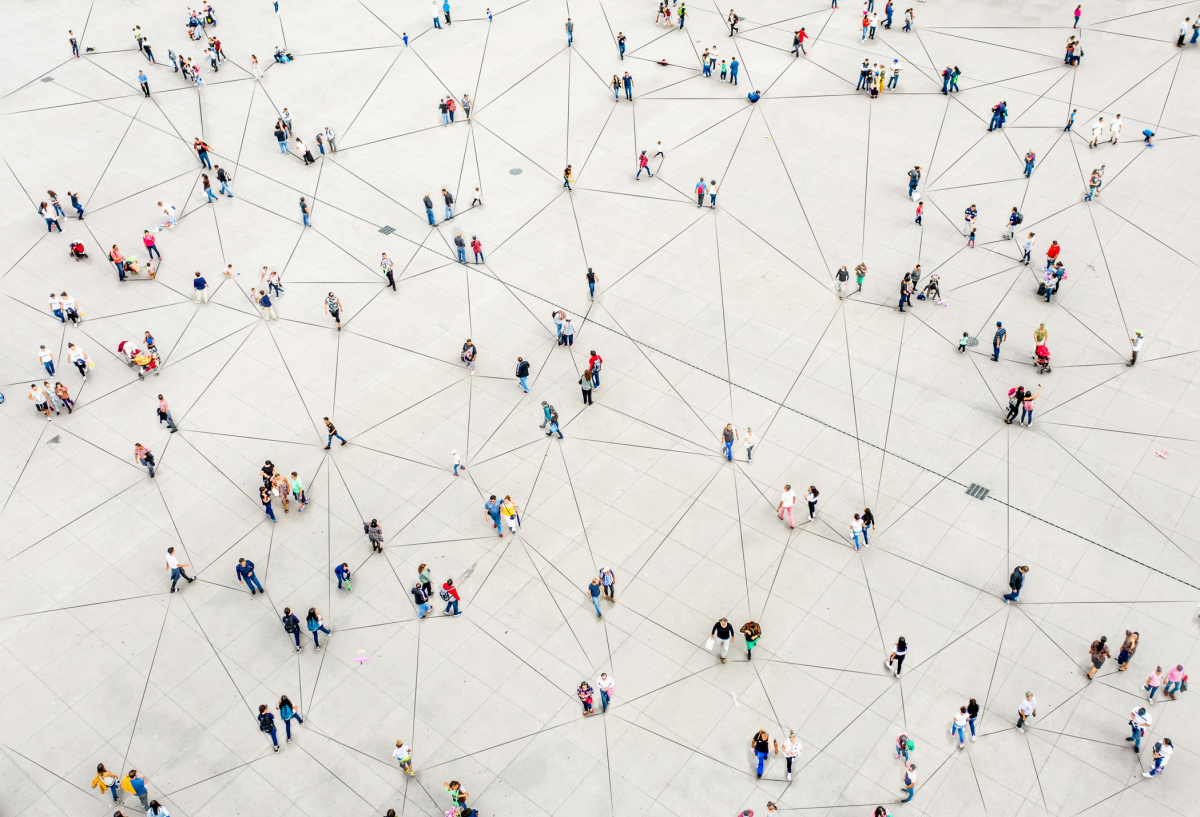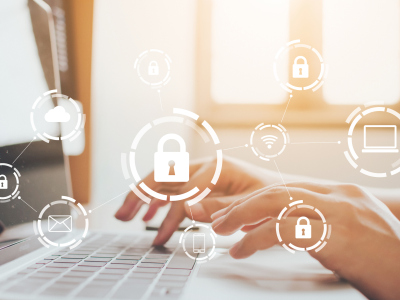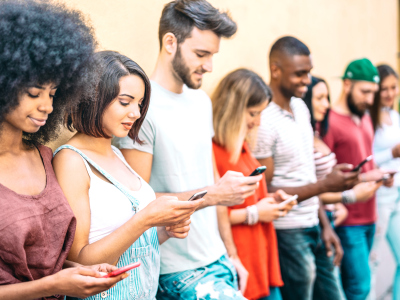Social media and digital judgement

Watch the film
Social media and digital judgement

Today, most people actively use the internet and social media. We log in online to do internet banking and to visit public agencies, and we shop online. We identify ourselves using BankID, passwords, fingerprints or facial recognition.

Social media include Facebook, TikTok and Instagram. We share our opinions, photos and videos on these media. They enable us to keep in touch with family, friends and acquaintances. We leave many digital traces in the course of a day, and all of these traces are stored. Have you thought about what could happen if these traces were picked up by someone who didn’t have good intentions? What would happen if someone got hold of your password? What about if someone shares private photos of you?
It is important to be aware about what you share, who you give information to, and what this information is used for. For example, private photos, such as photos of children, may be ‘stolen’ by someone who will misuse them. We must also be careful about what we share about others. Always ask for permission first.
- Data protection is about the right to privacy and to decide over your own personal data. Name, address, phone number, personal ID number and ethnicity are some examples of personal data.
- Everyone has intrinsic value. Individuals are therefore entitled to a private sphere they control themselves, and where they can act freely without force or interference from the state or other people. This principle is enshrined in, among other things, the European Convention on Human Rights (ECHR).
Source: The Norwegian Data Protection Authority.
Many people share their opinions on social media and the rest of the internet. People write, discuss and argue issues. Freedom of speech has a lot of leeway on social media. Freedom of speech is however restricted by data protection rules and certain legal clauses. People are not allowed to write racist or discriminatory statements. Some cross these boundaries nevertheless. People appear to overstep the mark more easily online that when they’re talking to someone face to face. A great deal of offensive and illegal comments are made in particular when the posters are allowed to be anonymous. Good digital judgement would be wording comments online that you could also say to someone’s face.

Talk together

- What hits do you get when you search for yourself online?
- Discuss what digital judgement means.
- Talk together about the relationship between data protection and digital judgement.
- Talk about the importance of being aware of what you post on social media.
- What do you think the consequences are of people being anonymous in comments sections?


Select the right answer
Do you have to ask for permission to share pictures of other people on social media?
Select the right answer
What can’t you write online?
Select the right answer
What characterises good, digital judgment?
Select the right answer
What is data protection?
Select right or wrong
Read the statements. What is right? What is wrong?
